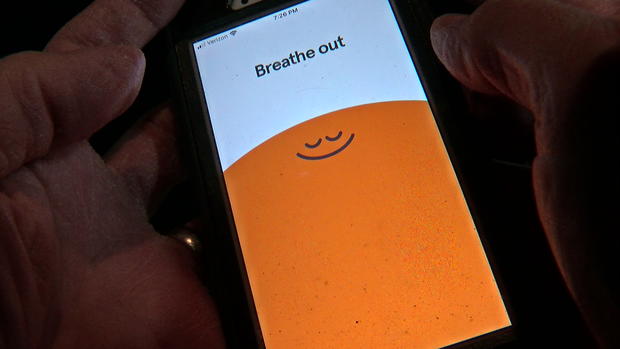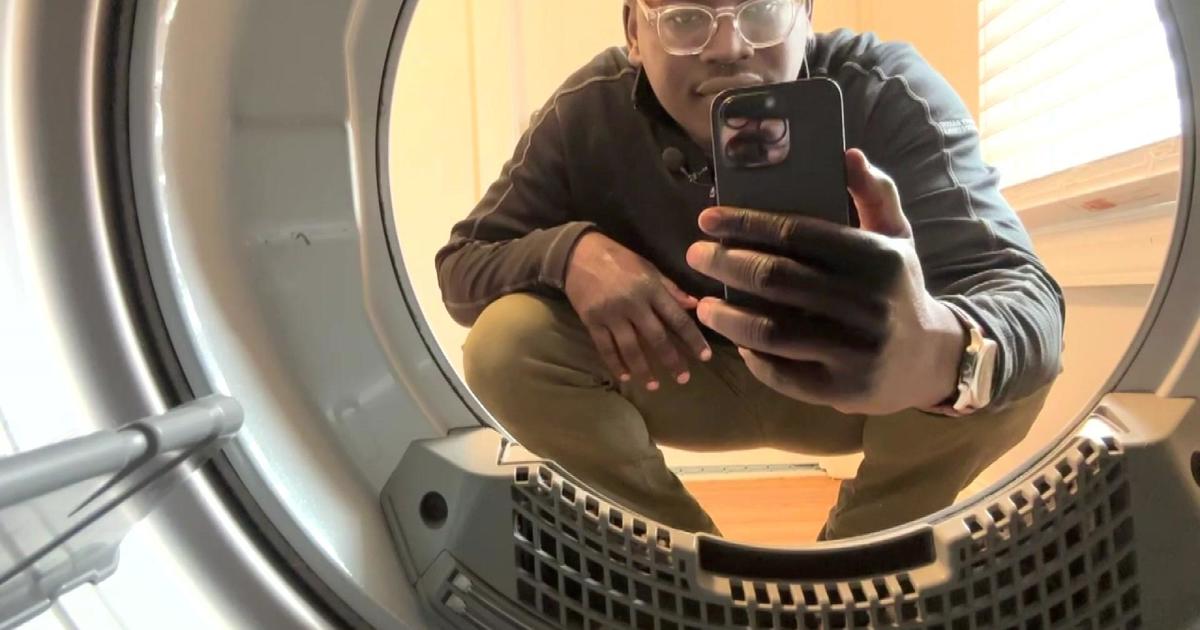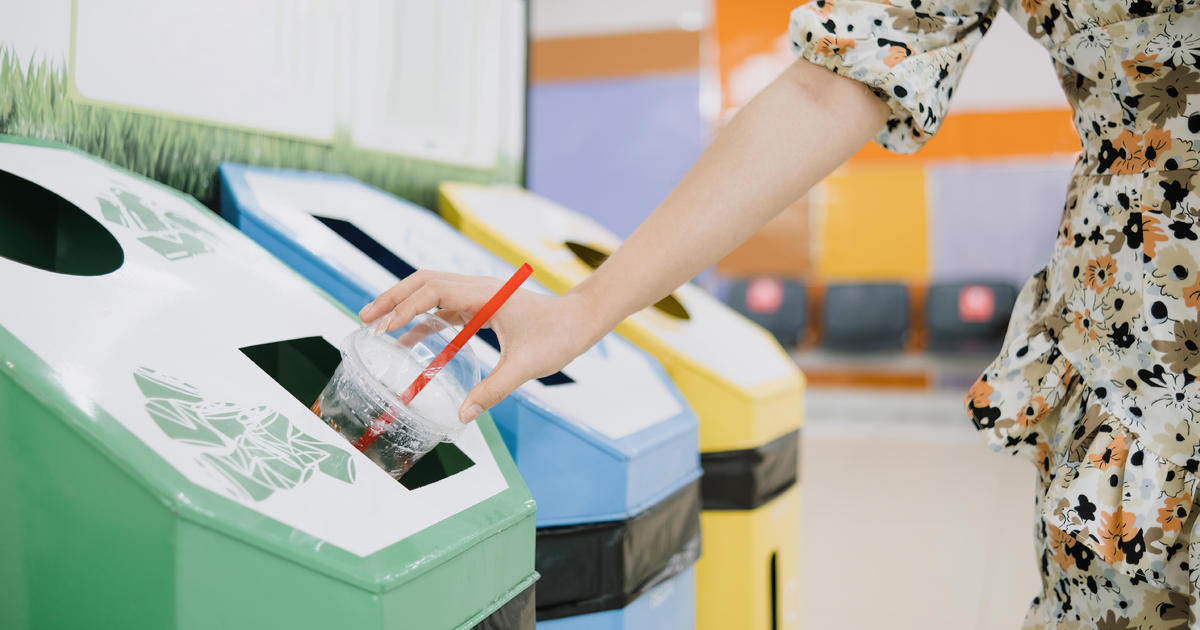What are the benefits, and drawbacks, of mental health apps?
This was originally published on May 2, 2022
MINNEAPOLIS (WCCO) -- Feeling stressed or anxious? There's an app for that. Literally, thousands of apps can be downloaded to help.
This Mental Health Awareness Month, we wanted to know: What are the benefits of mental health apps? And where do they come up short? Good Question. Jeff Wagner explains how just a few minutes a day can make a difference.
Type in mental health in your phone's app store and there's no shortage of options. Liz Bruno downloaded Headspace.
"Just wanted to find ways to, you know, meditate, relax, destress," Bruno said.
Dr. Tom Insel is the former director of the National Institute of Mental Health, and author of "Healing: Our Path From Mental Illness To Mental Health."
"The evidence is they're pretty effective," Insel said.
What are the apps best uses?
"Best use is really to help people learn to get control of their emotions to help them with mindfulness or with meditation," he said.
Insel notes that the skills learned from the app can help with anxiety or stress.
A big benefit of the apps is their convenience. They're right at your fingertips 24 hours a day. Some apps like eMoods and iBreathe are free. Others, like the popular Headspace and Calm, have free trials but ultimately require a subscription.
"They can be a great way to like destress and de-elevate where you are personally in the moment in time, especially with things like going to bed at night," said Bruno.
Dr. Insel compared it to exercising, but instead of your body the apps teach you workouts and routines for your mind.
Where might these apps come up short?
"Not all of them have really built-in scientific evidence to show that they do what they say they do," Insel said.
He added that the apps are good for treating your overall mental health, but not serious mental illness. For that seek a professional. It could be a therapist in person or via telehealth options.
"If you're at a point where you really can't cope and you feel that you're moving into a sort of crisis phase … it's unlikely that mindfulness by itself is either gonna be feasible or all that helpful," he said.
Bruno has been working through mental health issues for several years. She considers the apps as part of a total package to helping her get healthy.
"Ultimately if you have deeper mental health issues like myself, going to see, you know, your primary care physician, going to see a psychologist or even taking medication, can help with some of those deeper issues," Bruno said.
The apps, however, are a low-barrier start, giving people living in a digital world access to help they might not have sought.
"Still, you know, much to learn about how to optimize all of this, but it's certainly a step in the right direction," Insel said.
According to the National Alliance on Mental Illness, 1 in 5 U.S. adults experience mental illness, and 1 in 20 U.S. adults experience serious mental illness. They add that 17% of youth ages 6-17 experience a mental health disorder.
He suggests people research which apps best suit their needs. Professionals have evaluated some of the apps on websites like PsyberGuide, and the American Psychiatric Association.




